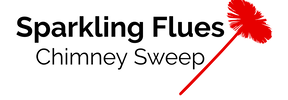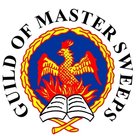Preventing Chimney FiresThere were around 5000 reported chimney fires 2014 – 2015. The real number will be far greater as not all fires result in an emergency call. Also, as professional sweeps, we know that some customers have smaller chimney fires they are unaware of. Chimney fires can be slow and quiet or burn explosively – noisy and dramatic enough to be detected by neighbours or passers-by. Flames or dense smoke may shoot from the top of the chimney. A fierce chimney fire will most likely cause damage. This damage may not be apparent at first and everything may seem fine. Do not use the appliance / chimney until a full survey has been carried out and a report produced. This will often require the use of specialist CCTV surveying equipment. Chimney fires don’t have to happen. Here are some ways to avoid them:
|
|
|


